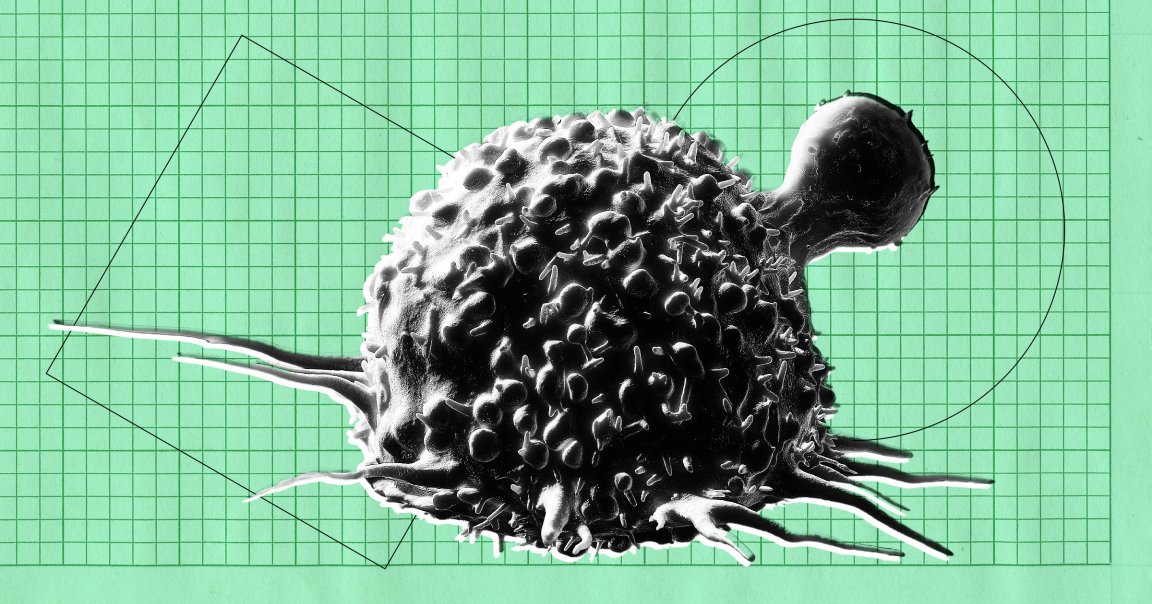
For years now, AI cancer detection has been touted as being as good as or better than doctors — but given the results of a recent trial, for some doctors, AI seems to have greatly hampered their abilities instead.
In a new study published in the journal The Lancet Gastroenterology and Hepatology, researchers led by the Medical University of Silesia in Poland found, upon surveying 19 doctors from four endoscopy practices between September 2021 and March 2022, that the clinicians working there seem to have gotten lazier and worse at their jobs as a result of the technology’s assistance.
Researchers warned of a “deskilling” effect after noticing a 20 percent relative drop in the detection rate of adenomas, or pre-cancerous growths in the colon, after an AI was introduced at the centers at the end of 2021, compared to detection rates before the AI was implemented.
Notably, these results appear to challenge other studies and trials that suggested AI may be better at diagnostics than human doctors — and the people behind this new research are now questioning why those differences exist.
“These results pose an interesting question about previous randomized controlled trials which found AI-assisted colonoscopy enabled a higher adenoma detection rate than non-AI assisted colonoscopy,” noted coauthor and University of Oslo health economics researcher Yuichi Mori in a statement. “It could be the case that non-AI assisted colonoscopy assessed in these trials is different from standard non-AI assisted colonoscopy as the endoscopists in the trials may have been negatively affected by continuous AI exposure.”
There are, of course, limitations to the study. For one, the AI tools used by the endoscopists are never named, and it’s hard to gauge whether the tech may have improved since late 2021. For another, the sample size was quite small, and as Mori noted, it was observational, which means they were simply observing and collecting data without any intervention.
In a comment published alongside the trial, endocrinologist Omer Ahmad of the University of College London, who was not involved in the study, suggested that this study could represent a counter to the “current enthusiasm for rapid adoption of AI-based technologies.”
“Although previous experimental studies have alluded to negative modification of behaviour after AI exposure… provides the first real-world clinical evidence for the phenomenon of deskilling, potentially affecting patient-related outcomes,” Ahmad said. “Although AI continues to offer great promise to enhance clinical outcomes, we must also safeguard against the quiet erosion of fundamental skills required for high-quality endoscopy.”
Worse yet, Mori told Bloomberg that the effects of “deskilling” could become more pronounced and will “probably be higher” as AI tech improves over time.
Though we haven’t heard much about medical AI making doctors more effective, we have seen a lot about AI harming thinking skills in general. Could it be that the same effect is occurring in hospitals? More study is necessary before we can come up with any definitive answers, but it’s not looking as promising as it once did.
More on medical AI: Doctors Horrified After Google’s Healthcare AI Makes Up a Body Part That Does Not Exist in Humans